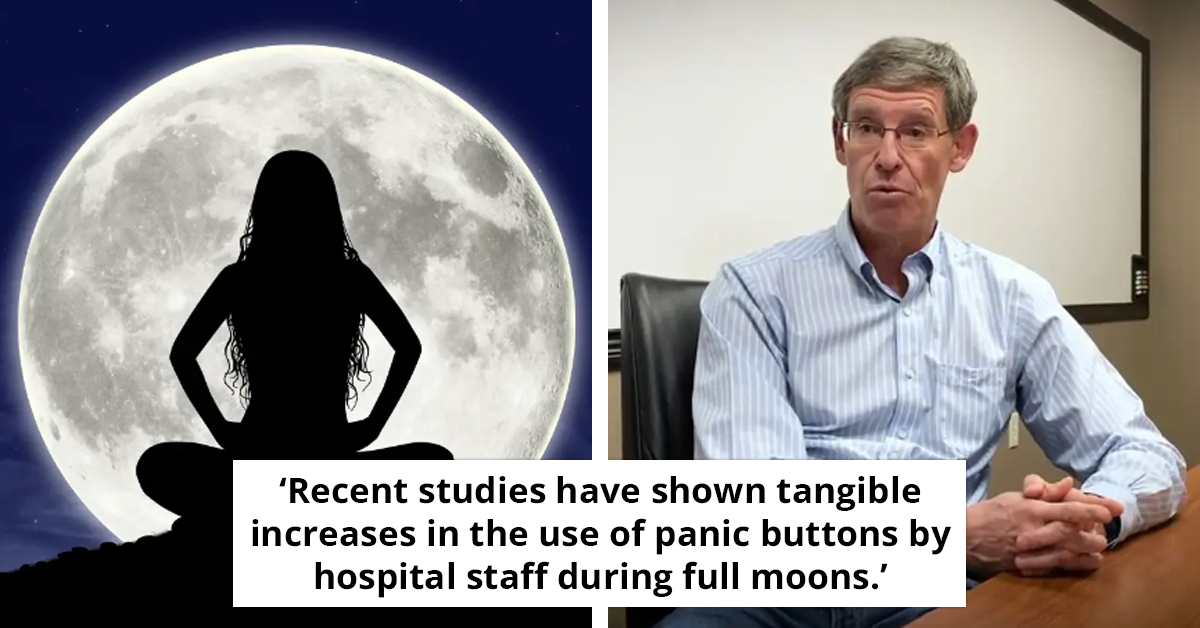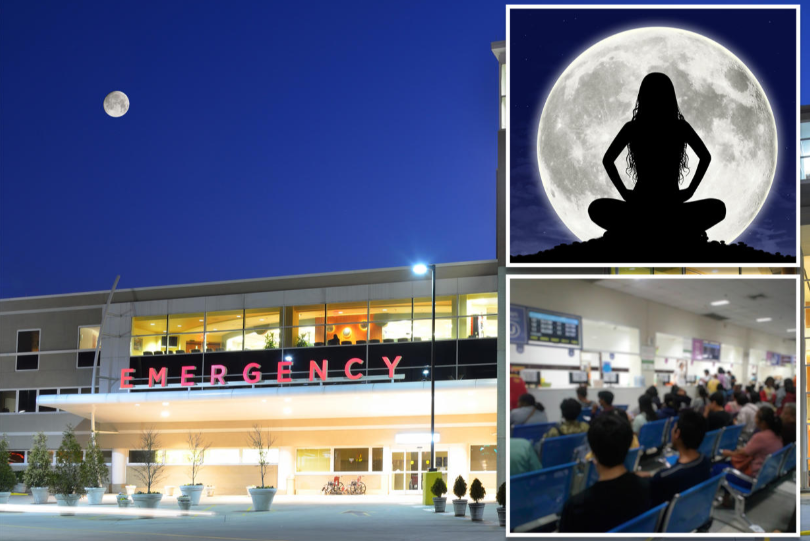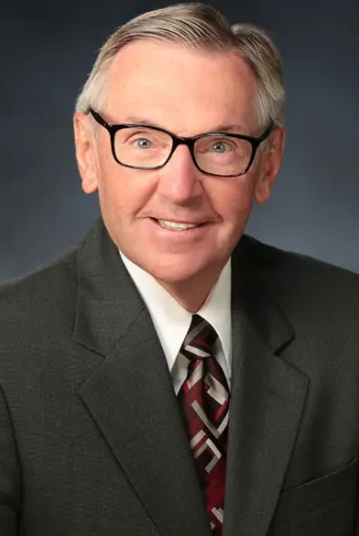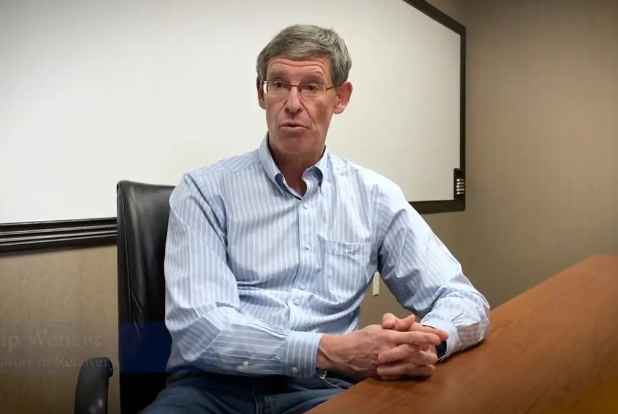Pet Lovers Deliver Insightful Advice On Getting Large Breed When Owner Already Has Small Dogs

Do Full Moons Really Affect Hospital Emergencies? Doctors Share Their Views

It's a tale as old as time in hospitals around the world when the full moon rises, so does the chaos in emergency rooms. Many healthcare workers swear by the phenomenon of increased emergency visits and bizarre incidents during full moons.
But what do doctors really think about this superstition? Let's dive into their experiences and what research says about this lunar legend.

The idea that full moons cause a spike in hospital emergencies is a long-standing superstition among medical professionals. Dr. John Becher, previously of AtlantiCare in Atlantic City and now at Philadelphia College of Osteopathic Medicine, confirms that hospital staff often brace for a hectic night when they know a full moon is on the horizon.
“Better brace up, you know it’s full moon,” is a common phrase he hears. And often, the night proves them right with an uptick in patient volume and more acute cases, particularly involving psychiatric and emotional disturbances.

In Brighton, England, the local police department has adjusted their staffing on nights with full moons, anticipating more aggressive behavior. This isn't just folklore; a 2011 research paper highlighted that 40% of healthcare workers believe lunar phases affect human behavior, and recent studies have shown tangible increases in the use of panic buttons by hospital staff during full moons.

Despite these compelling anecdotes and some supportive data, not all medical professionals are convinced. Dr. Frederic "Kip" Wenger of the University of Tennessee views these occurrences with a skeptical eye. Although he acknowledges that bizarre incidents seem more frequent during full moons, he attributes it more to coincidence and confirmation bias rather than any mystical lunar impact.
However, many nurses and other healthcare workers strongly believe in the effects of the full moon, often preparing for more challenging shifts. This collective belief among experienced medical personnel, despite a lack of conclusive scientific evidence, suggests that the phenomenon warrants further investigation.

Recent studies have called for more rigorous biological and psychological research to explore this "pervasive myth." As the debate continues, it seems that full moons will remain a topic of fascination and apprehension in the medical community.
Whether due to supernatural influence or simply human psychology reacting to a celestial spectacle, the full moon undoubtedly casts a powerful glow over hospital hallways.






